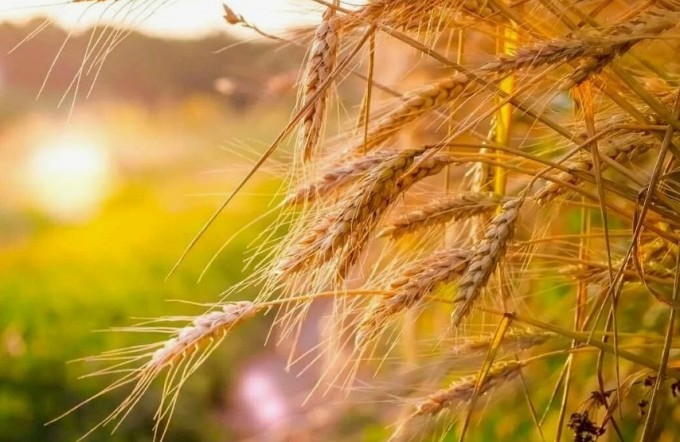
According to the results of the third quarter of this year, agriculture in the non-resource sector of the economy demonstrates the greatest growth in the country's GDP - 11.4%, said Deputy Prime Minister of Kazakhstan Serik Zhumangarin. According to him, for the first time in the last 13 years, agriculture is becoming the driver of the economy of Kazakhstan. There are many achievements, but there are also enough problems. They, said the representative of the Government, will be solved in stages, reports the APK News agency.
"The government is taking all measures to ensure long-term and sustainable growth of the industry. This year, the volume of preferential lending for sowing work has been increased for the first time more than threefold and brought to 580 billion tenge at a "net" 5% per annum. Next year, up to 700 billion tenge of preferential funds will be allocated for these purposes under "Ken Dala 1" and "Ken Dala 2", with the continuation of the guarantee of the "Damu" fund. In addition, 200 billion tenge will be allocated for upgrading agricultural machinery through Kazagrofinance,” Serik Zhumangarin wrote on social networks.
As part of the Big Project, 100 billion tenge has been allocated this year at 2.5% per annum for the construction of dairy farms, and another 200 billion tenge will go next year to projects for the development of livestock farming, construction of poultry farms, fruit storage facilities, irrigation, fish farming, deep processing and storage, and packaging production.
The next task of the government after saturating the domestic market is to export Kazakhstani products.
“We are gradually opening new export markets and lifting restrictions on previous ones for plant and livestock products. But without stable systems of phytosanitary and veterinary control, our agriculture can turn into a giant with feet of clay,” the Deputy Prime Minister also said.
The Ministry of Agriculture has prepared a number of reforms of the phytosanitary and veterinary systems. Their goal is quite simple - to ensure transparency of control and traceability of products, to equip phytosanitary and veterinary control facilities with the necessary equipment and machinery, and to provide decent salaries to specialists.
"The fight against locusts in previous years has shown how much the results of the work of territorial pest control inspectors depend on modern technology. But locusts are not the only object of work of phytosanitary inspectors, their functions include forecasting and combating dangerous plant diseases. And the uninterrupted export of Kazakhstani products and the safety of imported products on our shelves directly depend on the effective actions of quarantine inspectors responsible for phytosanitary control of export-import products," S. Zhumangarin noted.
The reforms will be implemented in stages, he also informed. It is impossible to solve in a short time the volume of material and technical problems that have accumulated over many years of insufficient funding. But serious steps have already been taken to increase the transparency and traceability of veterinary and phytosanitary documents between Kazakhstan and Russia and within the perimeter of the EAEU countries.
“By the end of this year, the integration of information systems of Kazakhstan and Russia for the exchange of electronic veterinary accompanying data and in the field of plant quarantine is expected. This will enable countries to have access to a single database of permits for the import, export, transit of controlled goods, as well as to the register of organizations and individuals engaged in the production, processing, storage of goods. Thus, after the integration of information systems, the problem of verification of phyto and veterinary certificates will be solved,” Zhumangarin noted.
In the field of veterinary medicine, thanks to the gradually adopted measures, certain improvements have been achieved in recent years - a decrease in such dangerous diseases as brucellosis, anthrax, pasteurellosis by 2.3 times compared to 2022, and by 28.5% - compared to 2023. The status of well-being in the World Organization for Animal Health has been restored in five regions of Kazakhstan, restrictions on meat exports to Russia, China, Turkey, and Belarus have been lifted.
The task now is to digitize import-export operations with subsequent traceability across the country, as well as organize traceability based on the principle of "producer - processing - market - consumer".
At the same time, existing logistical problems, low wages and qualifications of veterinarians, and poor Internet coverage of veterinary facilities create serious barriers to building an effective veterinary system in the regions.
"And these problems will also be solved in stages," promised Serik Zhumangarin.
Agricultural producers reported in the comments that positive changes do exist. But they are still "barely noticeable." But the main thing is that "the course is correct and the work is being done."